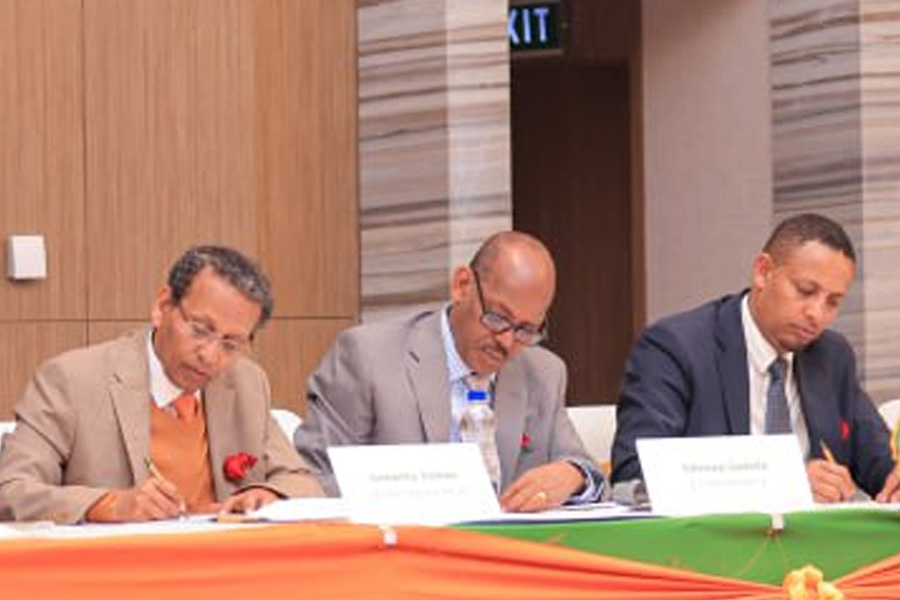
Siinqee Bank's shareholders voted to establish an investment bank as part of a wider plan to venture into the capital market ecosystem. Last week, at Skylight Hotel on Africa Avenue, founding president Neway Megerssa announced the bank had selected Deloitte, the global consulting firm, as an advisor to conduct a study for a business plan within three months. The company was selected through an international bid where four companies were short-listed. Deloitte is one of the three companies that received an investment advisory license from the Ethiopia Capital Market Authority (ECMA). This plan coincides with the newly issued directive by the National Bank of Ethiopia hoping to safeguard the traditional banking sector while developing the nascent capital market. At its fifth general assembly, the Bank's total assets were announced to have reached 59.74 billion Br, growing by 72.3pc while its net profit soared to 520 million Br, increasing by 82pc from the previous year. Deposits have further increased to 46.81 billion Br, growing by 97pc from the previous year, while its foreign currency retention has witnessed significant upshot of 334pc, to 49.85 million dollars. The total loan portfolio stood at 27.73 billion Br, growing the number of its borrowers. The Bank has raised its paid-up capital by three percent to 8.01 billion Br, while its revenue grew to 5.64 billion Br, growing by 53pc. Its total expenses climbed to 4.96 billion Br. Formally known as Oromia Credit & Saving S.C., Siinqee is among the first microfinance institutions (MFIs) to obtain a banking license after the Central Bank allowed MFIs to evolve into full-fledged banks. Siinqee Bank made its official debut in the banking industry with a capital base that puts it on a footing with veterans. Editor's Note: This article was updated from its original form on December 16, 2024.
[ssba-buttons]